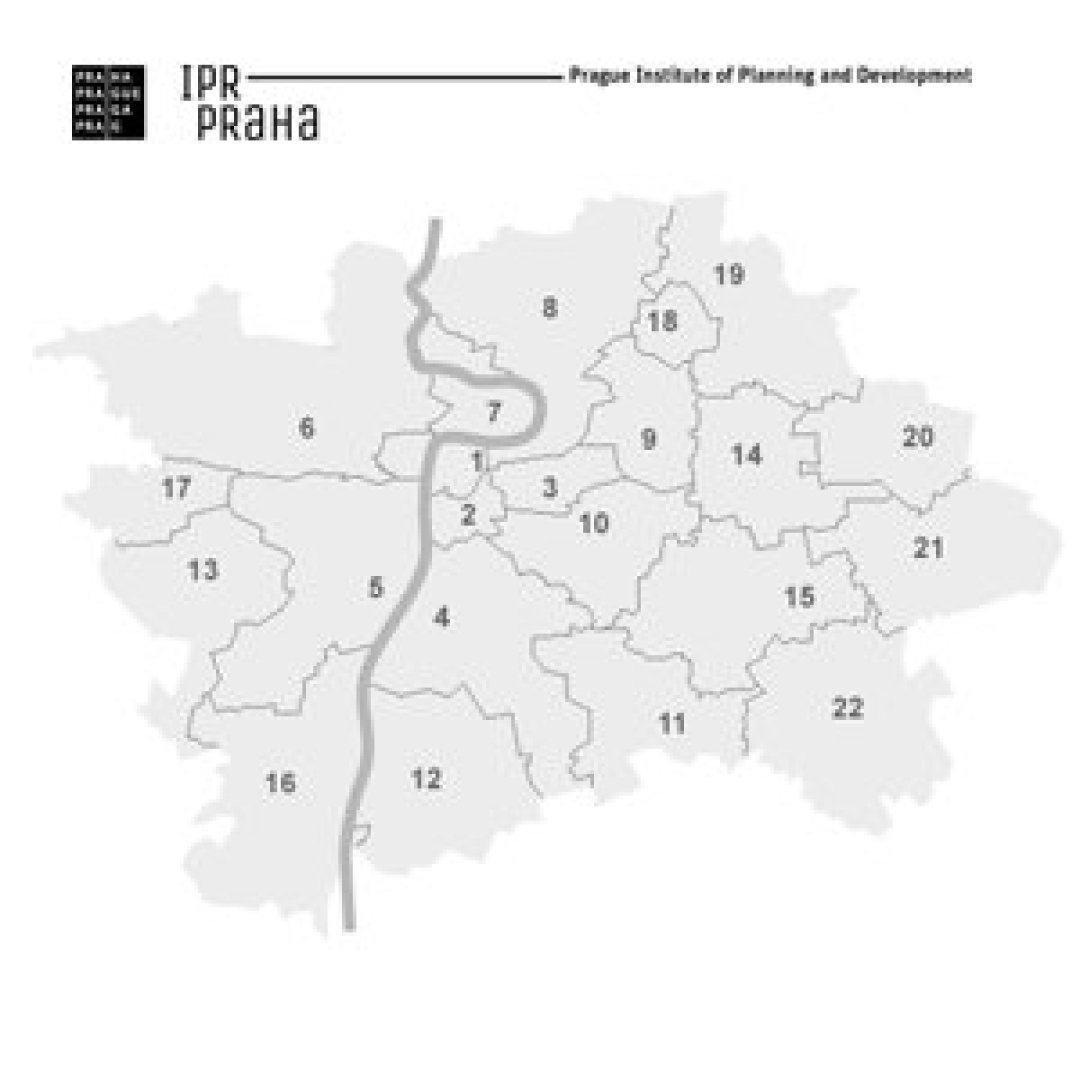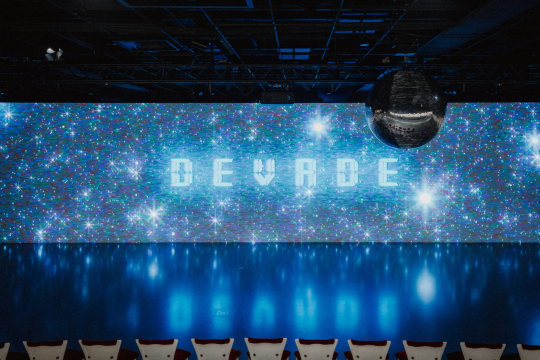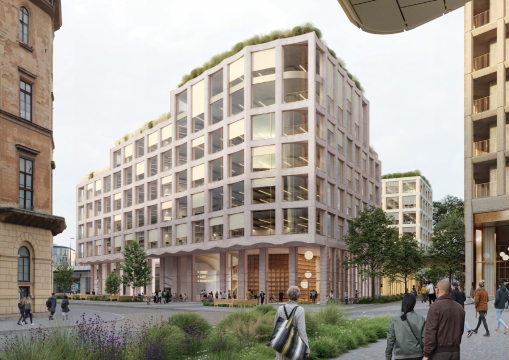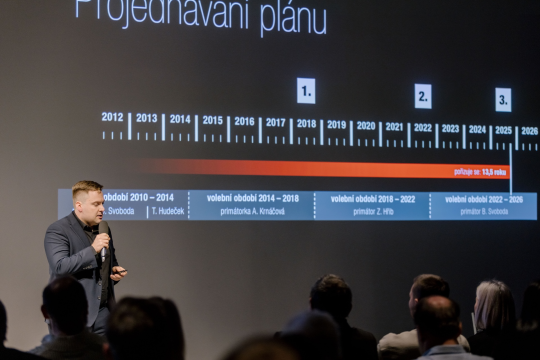A centre for culture and creativity in the heart of Prague
A block of historic town hall buildings have remained unused for over nine years in the very heart of Prague’s Old Town Square. The current Prague leadership is bringing these important areas, which were previously used by municipal officials, back to life. Together with the Prague Institute of Planning and Development and Charles University, they are converting these abandoned buildings into a unique centre for education, culture and creativity.

The “Prague Creative Cluster” project, which consists of connecting the creative, academic and public sector to research and innovative business was introduced today in the U Zlatého rohu building by Prague Mayor, Adriana Krnáčová, and the Director of IPR Prague, Petr Hlaváček.
Examples from abroad
[[psyoGallery:album_id=24]]
“It is wonderful that the Town Hall buildings, which have remained unused for so long, will be converted into a creative centre, a cluster, where people can to go work, to study, to attend lectures, to engage in community projects, or simply to relax,” said Mayor Adriana Krnáčová. “We drew inspiration from other countries. Similar projects have been carried out in Budapest, Lodz or even Amsterdam, where a creative cluster was built in the former docks. Another good example is Košická Tabačka, where the former tobacco factory has become a natural centre for various interdisciplinary meetings, and the same should apply to Prague,” added the Mayor.
Revival of the Town Hall buildings
The cultural cluster project is based on the conclusions of the new Strategic Plan. Its analysis highlights the fact that Prague is failing to make adequate use of its cultural and creative potential. At the same time, by far the highest concentration of culture in the city is in the half-kilometre area between Národní třída and Palachovo square.
The location of the cluster in the Town Hall buildings on Old Town Square is also justified in other terms. At the present time, when the historical core of the city is undergoing a gradual degradation, it is more important than ever to offer the city’s residents and visitors an alternative to the prevailing style of commercial entertainment. “We can imagine establishing here a sort of natural cultural gateway for those visitors who come to Prague looking for something more than just cheap beer,” said IPR Director, Petr Hlaváček.
These empty buildings are being partially used to support creative activities even today. In addition to irregular one-off events such as Designblok or Famufest, parts of the block are used by the Decorative Arts Museum and the Scouts Institute. Similar cluster projects, aimed at strengthening the cohesion and effectivity of the creative sector, are common throughout Europe and in the vast majority of cases, their operation is based on successful cooperation between the business and non-profit sectors and the government or (more often) local authorities.
Project objectives
- to create new creative links between the city administration, academia, the non-profit sector and representatives of different creative branches.
- to revitalise the downtown area and to offer the city’s residents and visitors an alternative to the prevailing style of commercial exploitation of the historical centre of Prague.
- to strengthen the Prague brand as a cultural and creative leader in the CR and to present the capital city of Prague as a “smart” city of the 21st century and an important partner to the cultural and creative industries.
Cluster is a term used for a large number of interrelated institutions and companies in related fields, which are located in one place. These do not only compete, but also cooperate and complement each other. By sharing infrastructure, technologies, the labour market, through knowledge transfer and joint marketing, similar groups can achieve both significant savings and greater potential for innovation.
Documents to download
Resolution f the Prague City Council
If you want to receive the latest information about this project, or should you have any queries, you can contact Štěpán Bärtl by e-mail at bartl@ipr.praha.eu or on tel. +420 723 657 669.
You might also be interested in

DEVADE: Prague's Architecture Amidst Austerity and Disco. A new book and exhibition at CAMP map Prague of the 1990s.

New Florenc to Be Designed by 15 European Studios: Prague Announces Winners of International Architectural Competitions.

